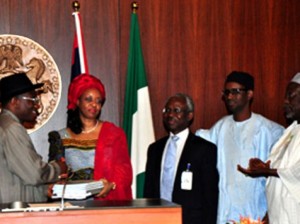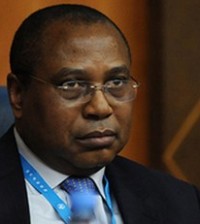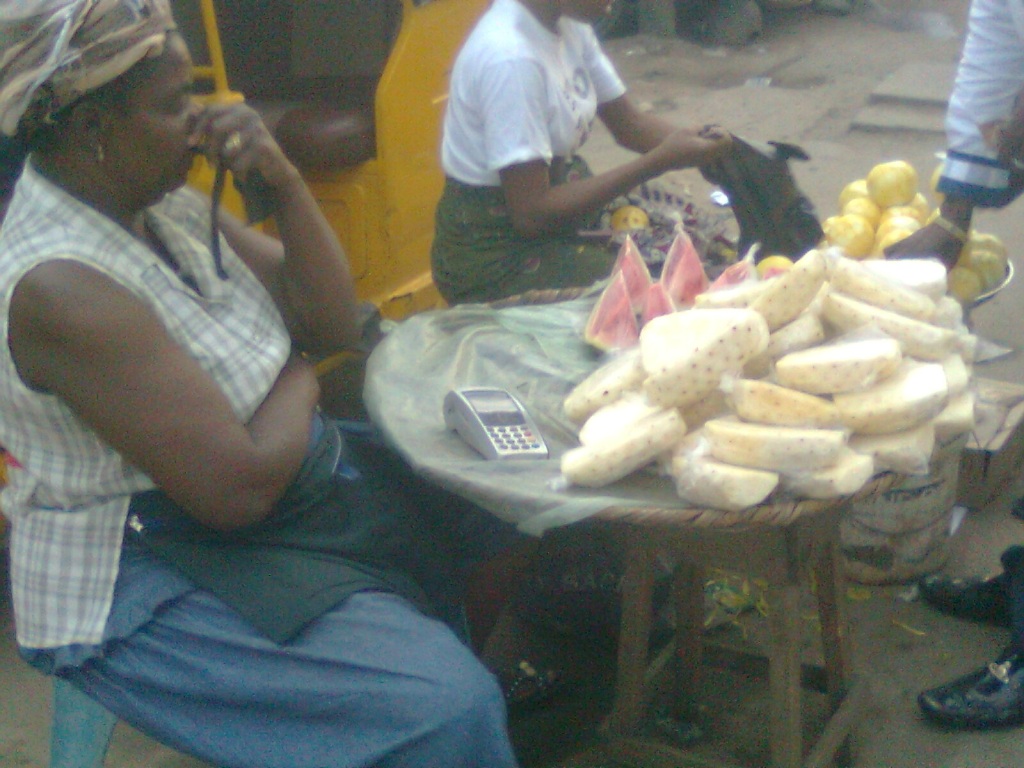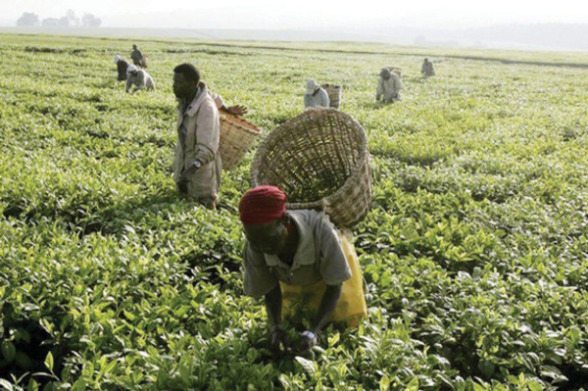Committee face-off: The ball is in Jonathan’s court – Ribadu
 The Chairman, Petroleum Revenue Special Task Force, Nuhu Ribadu, and his deputy, Steve Orosanye openly exchanged words at the presidential villa, during the presentation of the Special Task Force committee’s report.
The Chairman, Petroleum Revenue Special Task Force, Nuhu Ribadu, and his deputy, Steve Orosanye openly exchanged words at the presidential villa, during the presentation of the Special Task Force committee’s report.
The confrontation began when Ribadu attacked his deputy for allegedly compromising his position during a national assignment.
Nuhu Ribadu is the former boss of the Economic and Financial Crimes Commission (EFCC) while Orosanye, a former Head of Service of the Federation.
President Goodluck Jonathan sat glued to his seat and listened, while the drama unfolded.
The Chairman, Ribadu while submitting his report recommended a stricter regulation of the sector, especially as regards collection of revenue from oil companies.
He further accepted that the report submitted yesterday was the same with the one that was leaked to the press several days earlier.
He described the theft of crude oil in the country as “an embarrassing national tragedy” as well as the insecurity in Niger Delta, adding that both must be addressed.
In his words, “Mr President, the recommendation of our task force will strengthen institutions responsible for the management of petroleum institution, increase revenue accruing to the federal government of Nigeria.”
“Mr. President our assignment is essentially to enhance government revenue in proving transparency and accountability and help you to fight corruption in this industry. Therefore in the course of the assignment, our work was extensive, our findings details and our recommendations far reaching in these various issues covered in our terms of reference.”
On the recommendation of the committee, Mallam Ribadu said to increase government revenue from this industry, “the government will need to put in place a coherent financing solution that allows government to fund its obligation under the joint venture contract. Funding Government obligation will unlock additional capital from our JV partners which will overtime increase government revenue from the proportionate additional balance of crude oil revenues, royalties on the entire production and taxes on taxable incomes”
He added, “Funding Government obligation will unlock additional capital from our JV partners which will overtime increase government revenue from the proportionate additional balance of crude oil revenues, royalties on the entire production and taxes on taxable incomes.
He said, “You are doing well in fighting corruption, but we need to do more. A lot depends on that. We congratulate you on the steps you have taken and we are proud to be able to contribute. Carrying out reforms requires integrity, and I say that from personal experience. We commend you and wish you successes.
“Mr. President our assignment is essentially to enhance government revenue in proving transparency and accountability, and to help you fight corruption in this industry. Therefore, in the course of the assignment, our work was extensive, our findings detailed, and our recommendations far-reaching in these various issues covered in our terms of reference.”
When Ribadu finished his submission, Mr Orosanye, raised objections on what he called a “flawed process” adopted by the committee in arriving at its report.
Mr Orosanye’s position was corroborated by another member of the committee, Mr Bernard Otti dissociated himself from the report stressing that, members did not see the report before it was submitted to the president.
In the heat of the argument, Sumaila Zubair, who is the acting secretary of the Committee and Ignatius Adegunle, a member, rejected the submission of Orosanye and Otti, saying they never took part in the meetings of the committee.
According to Orosanye, “I want to say to you Mr. President that the process that has been followed is flawed and the report that has just been submitted to the honourable Minister is the immediate reaction to the President’s directive that the report be submitted.
“The last time this committee met was in early July when the draft report was to be considered and I raised certain pertinent issues. It was agreed and suggested and accepted at that meeting that a small group be put together to review, modify and return to the report drafting committee before presenting to the whole house. That did not happen. No matter how good the efforts that have been put into this exercise, as long as the process is flawed and that report is one that cannot be implemented.”
“When Mr. President gave the directed that the report be submitted today, we should have been man enough to say, it is not feasible. When I came in, I asked the secretary, where is the signature page? He said the chairman is to sign for all of us. I said certainly, I have not authorized anybody to sign on my behalf.”
“I don’t know what the report contains. Therefore, in my view, I do not think the report should be accepted at this time, I challenge any member of this committee to take me on.”
“It is unfortunate that the point has been missed on the process issue. We agreed that the committee be brought to a committee of the whole. That was not done. Some of the figures that were in the draft report were un-reconciled figures and I did say in that meeting that we have institutions responsible for this figures and therefore you should work with these institutions. I do not know whether DPR and FIRS are here. These are the people who should be talking about these figures and there were statements that were subjective.
“What I am saying is that the President has said come and submit the report, so what, if we are not ready, we are not ready. When I say so what, the President has spoken, we should be man enough to tell the President that we are not ready. That is the reason why you are handing over a report that is not process driven,” he said.
Reacting to the reports President Jonathan requested that members of the committee submit their personal opinions different from recommendations made in the report to him through the minister of petroleum resources or his chief of staff.
The President advised that the face-off between Ribadu and Orosanye was minor and that Nigerians must ignore and focus on ways of purging the petroleum industry of corrupt practices through the committees report.
“Any member that has any observations should write it and send to me through the chief of staff or the minister. If there are errors of calculation from the institutions, it will be filtered out. You don’t need to quarrel about it. Government has no interest in hiding anything. It is not to investigate anybody in government. Becoming board members of NNPC does not disqualify them to be members; sometimes you need those in establishment to explain certain things and not to influence anybody. I don’t believe anybody can influence Ribadu negatively.”
In his remarks, Ribadu said, “Well, you have seen it. There are only two of them. All the other members spoke with one voice. We are one. We stood on what we believed is the right thing and we have given the report as one committee. Two people who unfortunately have already been compromised by being given public appointment in that same industry are the ones who are trying to cause the confusion.”









Sunped
November 3, 2012 at 11:10 am
In every followers there must be betrayers, now you see their face. I don’t believe anybody can influence Ribadu negatively, no.